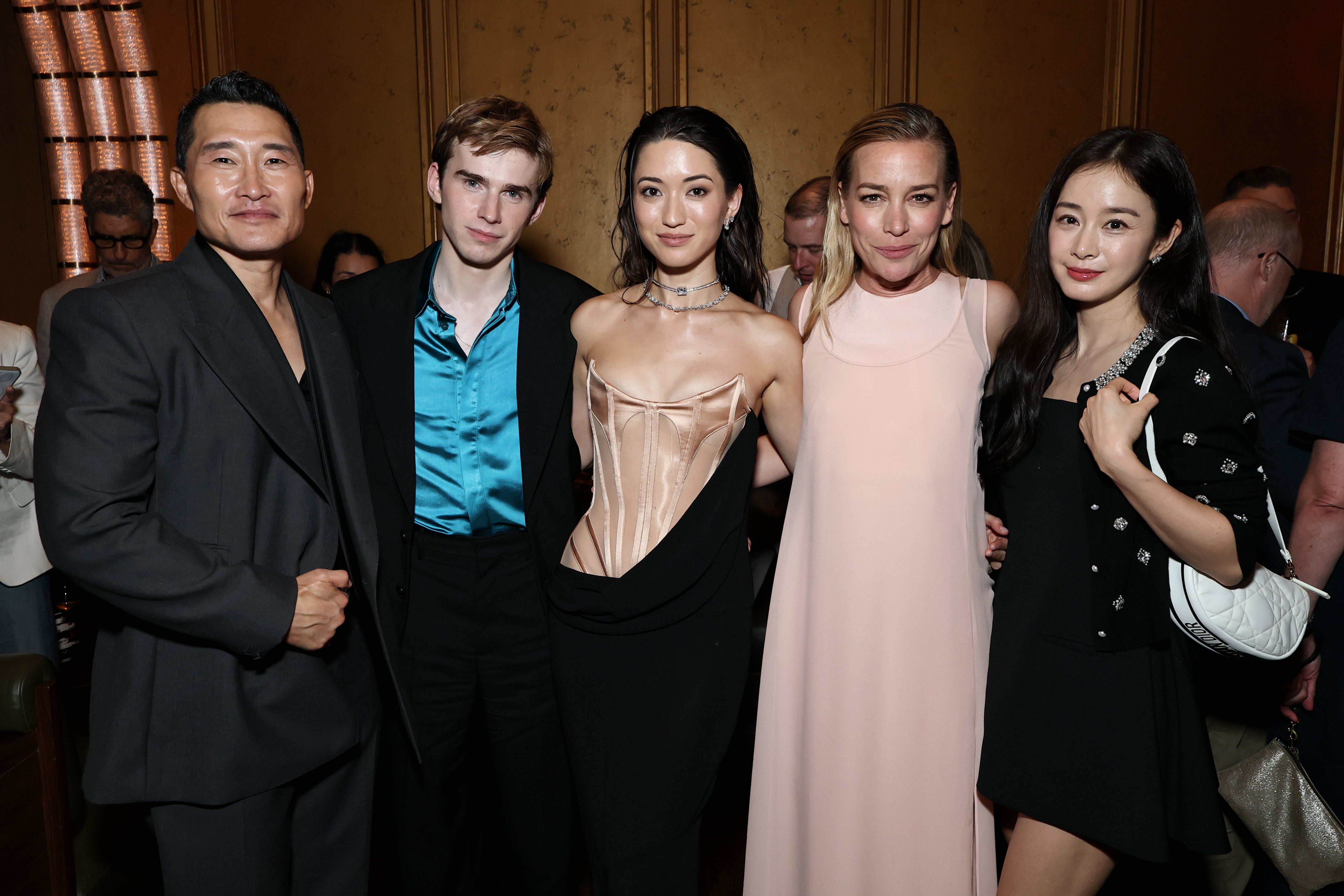Daniel Dae Kim has called out what he referred to as “overcorrection” on nationality-specific casting for Asian characters.
The Lost star said in a new interview that there is more effort on the actor being cast in the role of an Asian character belonging to the specific nationality, instead of writing a better character.
“Right now, there’s a focus on nationality-specific casting when it comes to Asian Americans that I feel is an overcorrection,” Kim said in an interview with American Masters PBS.
“Very often, when we’re cast, if the role calls for a Korean American, they will not see a Japanese American or Chinese American or any other Asian nationality.”
He continued, saying that there is no reason for an actor to be of the specific nationality because there is no cultural or language-based requirement for the character.
“There are very often times when the role itself has not been thought through,” he said. “It doesn’t require any kind of specificity in the story as it’s being told, or in the specifics of the character, because very often, it’s not even being written by an Asian person.”
“So they don’t know the difference in what they’re asking for, and yet casting is being very specific.”
Kim recognised the need for nationality-based casting and when it is “important,” especially when there is “an authentic language requirement in the role, or it’s based on someone who’s a real person that has cultural significance to that particular country”.
“Anytime there’s a role that focuses, to me, on the American experience of being Asian — that’s something that no matter [if] you’re Korean, Chinese, Indian, Malaysian, that’s something we all share in common as Asian Americans,” he said.
“And we all know what it feels like to be othered. That’s a common experience. So to me, the nationality isn’t as important.”

Kim went on to acknowledge that the casting process evolved this way to try and weed out the belief that all Asian cultures were the same, but said casting directors needed to think about how to ensure opportunities were offered to more actors.
“Originally, it was like, ‘Well, we can't just consider them all as one.’ That's true, but we need to be a little bit more sophisticated now about how we can open opportunities to actors.”
Comparing the differences between the scrutiny Asian actors get as opposed to African American actors, Kim said: “Asian American actors are often specified by nationality when other ethnicities are not. When African American actors are hired, very rarely are they asked, where is their country of ancestry? Whether you're Botswanan or from the Ivory Coast, it's not pertinent. Especially if you're playing an American.”
He also called out how country of origin plays no part when non-American actors get cast to play American icons like superheroes.
“How many of our superheroes who are playing American are from other countries like Australia and England? And yet we don't ever ask whether that's important, relevant, and it doesn't limit them from taking those roles.”
To his point, British actors Andrew Garfield, Tom Holland, Henry Cavill, Christian Bale, and Robert Pattinson have all played incredibly popular American superheroes like Spider-Man, Batman, and Superman.
Original Harry Potter director addresses JK Rowling controversy: ‘It’s very sad’
National Lampoon’s Vacation cast member reveals Chevy Chase taunted him on set
Will Smith accused of using AI for ‘embarrassing’ tour video
K-Pop Demon Hunters sing-along version to be released on Netflix
Kumail Nanjiani says he thought Eternals contract meant MCU work ‘for next 10 years’
Helen Mirren ‘insulted’ by ‘condescending’ comments from young people







